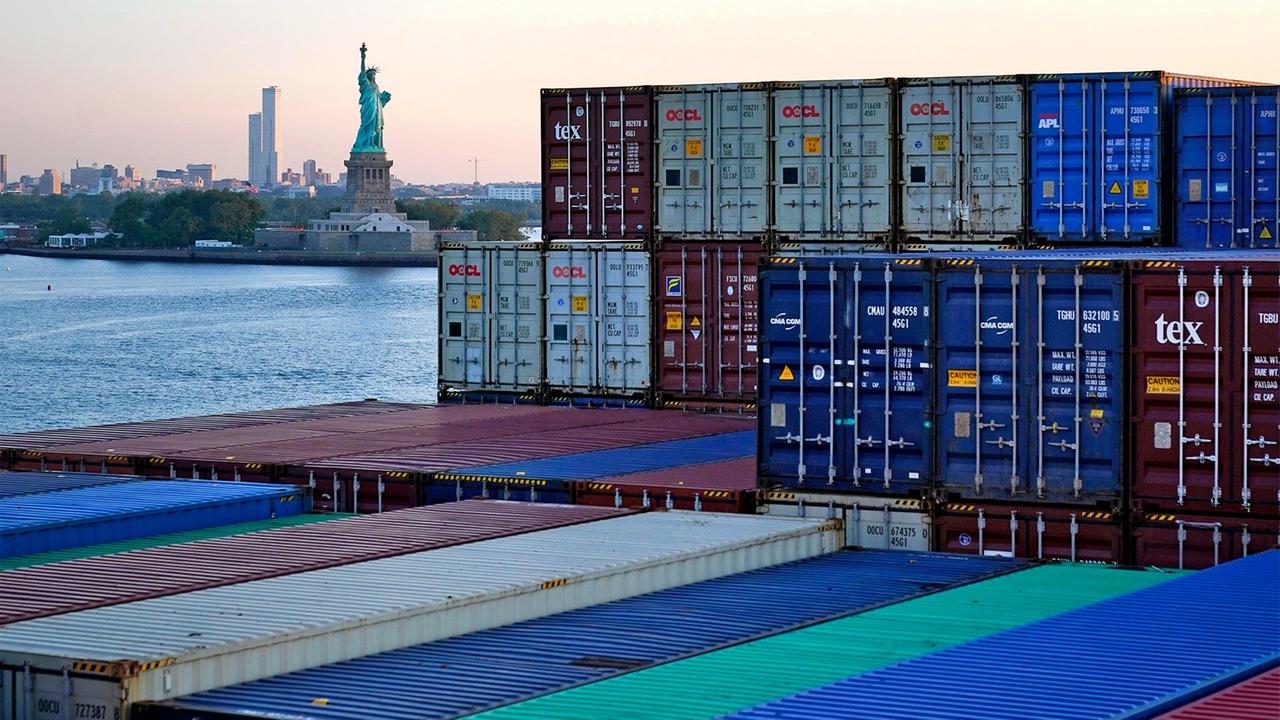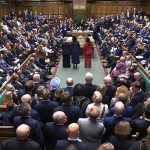background
What are tariffs actually for? And what does Donald Trump make of it? In any case, his latest threats represent a radical departure from free world trade.
The idea of charging a tax on the import of goods into a territory is almost as old as the territories themselves. In ancient times and the Middle Ages, the focus was clearly on the fiscal purpose of the customs duties, i.e. the rulers' desire to generate additional revenue for their households.
Later, the early states began to use tariffs specifically to achieve economic policy goals. This thinking reached its peak in the age of mercantilism, which invented prohibitive tariffs to keep out foreign goods altogether, and educational and protective tariffs to build up one's own industries and protect them from foreign competition.
However, the longer scientists studied the effects of tariffs, the more they fell into disrepute. The growing world trade revealed that some products can be manufactured much more cheaply in other parts of the world, and this international division of labor and the free exchange of goods regularly brings the greatest prosperity effects to all those involved.
Milestone GATT
This idea of ”comparative cost advantage” underlies most efforts to promote free world trade. After the Second World War, these efforts resulted in the “General Agreement on Tariffs and Trade” of 1947, or GATT for short, as a result of which customs barriers were significantly reduced worldwide in several steps. This means that the fiscal aspect of tariffs has also taken a back seat.
Today, the World Trade Organization (WTO) continues efforts to reduce trade restrictions. In addition, common free trade zones such as the EU internal market or Mercosur have been created in Latin America, in which there are no or hardly any tariffs anymore.
Renaissance of punitive tariffs
Nevertheless, tariffs continue to play a major role in foreign trade. In particular, educational tariffs for the development of technology industries in developing countries are considered useful. But industrialized countries also continue to levy tariffs to protect individual industries from foreign competition.
In addition, punitive tariffs are levied to respond to tariffs and market interventions by other countries. A current example is the extra tariffs on Chinese electric cars that the EU is levying because of the industry's subsidies in China – to the displeasure of the German car industry, which fears an escalation of the trade dispute and higher Chinese import duties.
Trump understands tariffs as instrument of power
If Donald Trump wants to make tariffs an essential instrument of foreign policy again with his return to the White House, he is going far beyond the recent renaissance of the idea of punitive tariffs. Even if the drastic tariff threats follow his well-known negotiating tactics, they call into question the trade policy achievements of the past decades.
A radical break with classic trade policy is, in particular, the use of tariffs as a non-economic means of pressure. With the planned tariffs against Mexico, Canada and China, the Republican is intervening deeply in economic relations, for example to combat drug smuggling and illegal immigration.
Drastic consequences also for the German automotive industry
In doing so, he apparently ignores the drastic consequences for trade relations – even within the North American free trade area. The USA has maintained this with Mexico and Canada for 30 years. Trump himself helped negotiate the new version of the agreement (USMCA), which came into force in 2020.
The tariff increases would have drastic consequences for the automotive industry in particular. Not only German car manufacturers such as BMW, Volkswagen and Audi, which have large plants in Mexico, would be directly affected. The tariffs would also be extremely damaging to US car manufacturers, as they are heavily dependent on extensive supplier relationships, particularly with Mexico.
Concern about similar maximum threats from Trump has also grown in Brussels. Whatever the outcome of the inevitable trade negotiations, Trump's abandonment of the idea of free world trade and its effects on prosperity will have a long-lasting impact.
Sebastian Schreiber, ARD financial editorial team, tagesschau, November 26th, 2024 6:30 a.m




